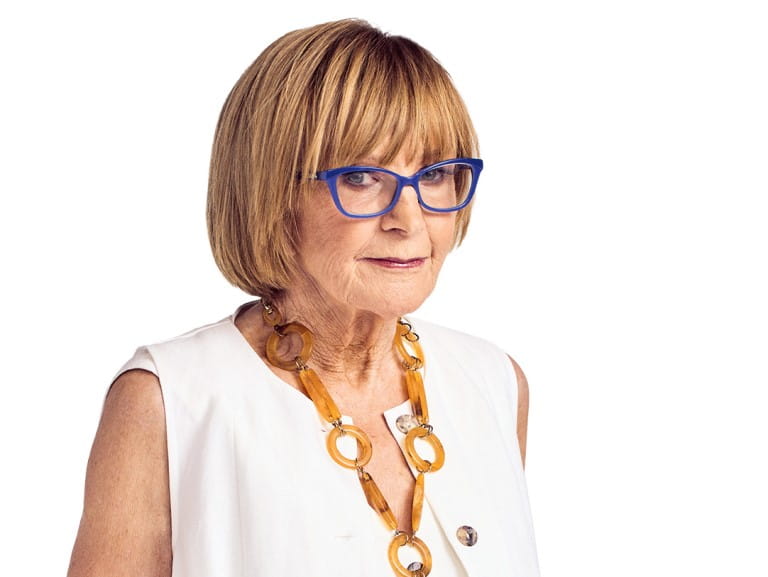The power of age gap friendships - and how you can make them
Making intergenerational friendships is proven to boost our wellbeing. To mark International Day of Friendship on July 30, we explore the benefits and share tips on how to make age gap friendships






.jpg?la=en&h=576&w=823&hash=4516D8557DC47B1E21444166FFB91605)




.jpg?la=en&h=549&w=823&hash=85077D343B0A5A78958C76A24A1B44E8)





